State-of-the-art instrument enhances research in structural biology and protein analysis
Bruker Announces 1.2 GHz NMR Spectrometer at Swiss High-field NMR Facility
Investor Contact:
Joe Kostka
Director, Investor Relations
Bruker Corporation
T: +1 (978) 313-5800
E: Investor.Relations@bruker.com
Media Contact:
Markus Ziegler
Sr. Director and Head of Group Marketing
Bruker BioSpin
T: +49 172 3733531
E: pr@bruker.com
Bruker announces the acceptance of a 1.2 GHz Ascend™ Nuclear Magnetic Resonance (NMR) spectrometer at the Swiss High-field NMR Facility, operated jointly by the University of Basel, ETH Zürich, and the University of Zürich. This state-of-the-art instrument will significantly enhance the research capabilities of several user groups, enabling advanced studies in structural biology and macromolecular analysis. The instrument, located at the University of Zürich, is the second 1.2 GHz NMR in Switzerland, with the first at ETH used for developing solid-state NMR techniques, and studying materials and biological systems.
This press release features multimedia. View the full release here: https://www.businesswire.com/news/home/20241220748125/en/
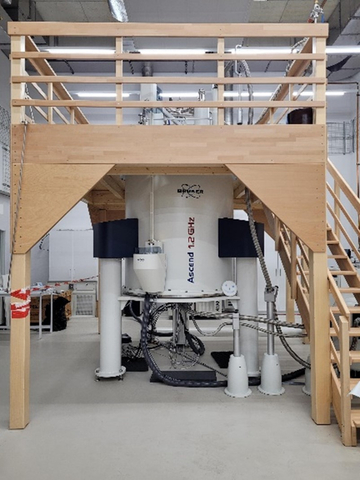
New 1.2 GHz Avance® at UZH site of the Swiss High-Field NMR Facility (Photo: Business Wire)
The Swiss High-field NMR Facility has locations at Biozentrum Basel and at University of Zürich. The new 1.2 GHz NMR complements the existing 800 MHz NMR in Basel and other high-field NMRs for protein structure determination, measurement of protein dynamics, ligand binding studies, conformational fingerprinting, and the analysis of protein-protein interactions.
Professor Oliver Zerbe from University of Zürich stated: "The 1.2 GHz NMR enables the study G protein-coupled receptors (GPCRs) in greater detail to define dynamic behavior and conduct drug binding studies. The higher resolution and dispersion at 1.2 GHz enhance the study of interactions of drug candidates with GPCRs. Professor Ricarda Törner, who will join UZH in 2025, will greatly benefit from increased resolution in her studies of intrinsically disordered proteins. Similarly, Professor Sigel's group anticipates significant advantages for their RNA research."
Stephan Grzesiek, Professor of Structural Biology at Biozentrum Basel, who started the initiative for a Swiss high-field solution NMR, remarked: “Finally, we also have a highest-field NMR available for Swiss solution NMR. It will enable new NMR methods and explore the limits of detection in disease-relevant applications, such as GPCR signaling and cancer.”
His colleague, Professor Sebastian Hiller from Biozentrum Basel noted: "The 1.2 GHz NMR allows to study structures and dynamics of chaperone-client complexes at atomic resolution. These detailed descriptions will reveal biophysical laws governing chaperone function, with implications for neurodegenerative diseases, such as Parkinson’s."
Detlef Günther, Professor for Trace Element and Micro Analysis, and Vice President of Research at ETH Zürich (2015-2022) when the instrument was ordered, remarked: "We are excited to provide our scientists with this ultra-high field NMR. This collaboration will enable groundbreaking research in structural biology, furthering our understanding of complex biological systems.”
About Bruker Corporation – Leader of the Post-Genomic Era (Nasdaq: BRKR)
Bruker is enabling scientists and engineers to make breakthrough post-genomic discoveries and develop new applications that improve the quality of human life. Bruker’s high performance scientific instruments and high value analytical and diagnostic solutions enable scientists to explore life and materials at molecular, cellular, and microscopic levels. In close cooperation with our customers, Bruker is enabling innovation, improved productivity, and customer success in post-genomic life science molecular and cell biology research, in applied and biopharma applications, in microscopy and nanoanalysis, as well as in industrial and cleantech research, and next-gen semiconductor metrology in support of AI. Bruker offers differentiated, high-value life science and diagnostics systems and solutions in preclinical imaging, clinical phenomics research, proteomics and multiomics, spatial and single-cell biology, functional structural and condensate biology, as well as in clinical microbiology and molecular diagnostics. For more information, please visit www.bruker.com.
View source version on businesswire.com: https://www.businesswire.com/news/home/20241220748125/en/

 Business wire
Business wire 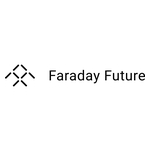





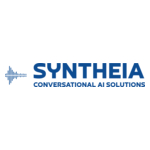
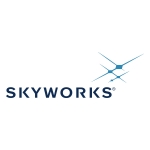


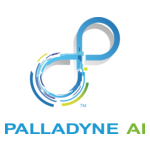

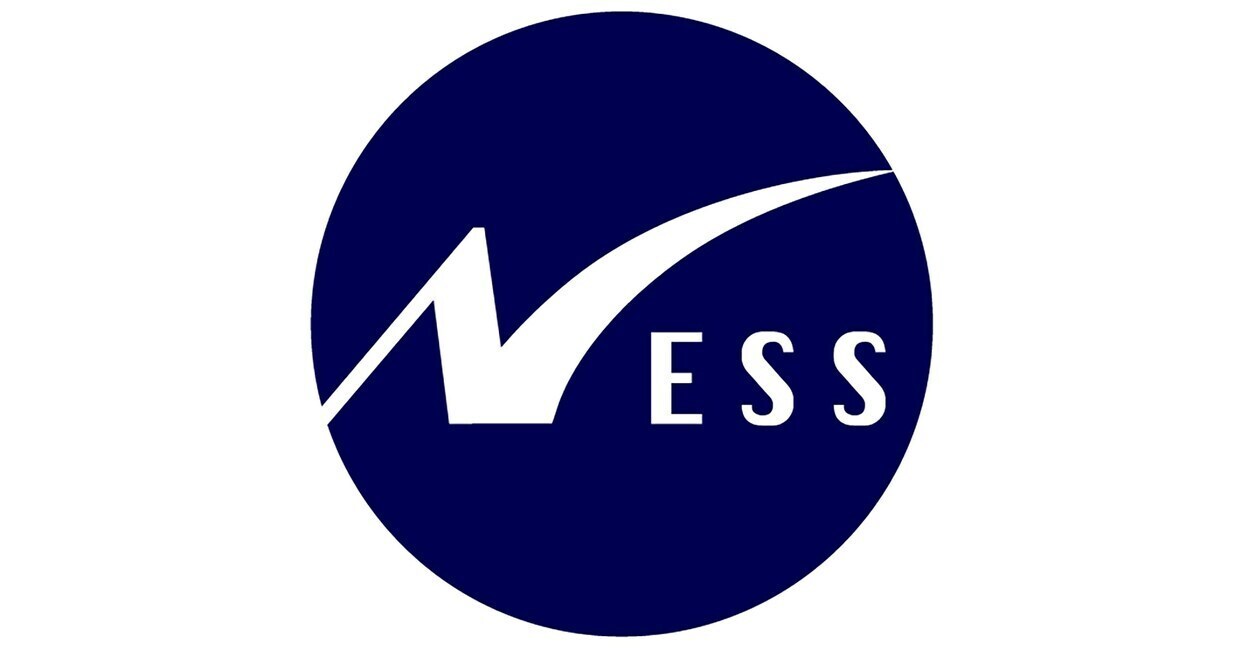
Add Comment